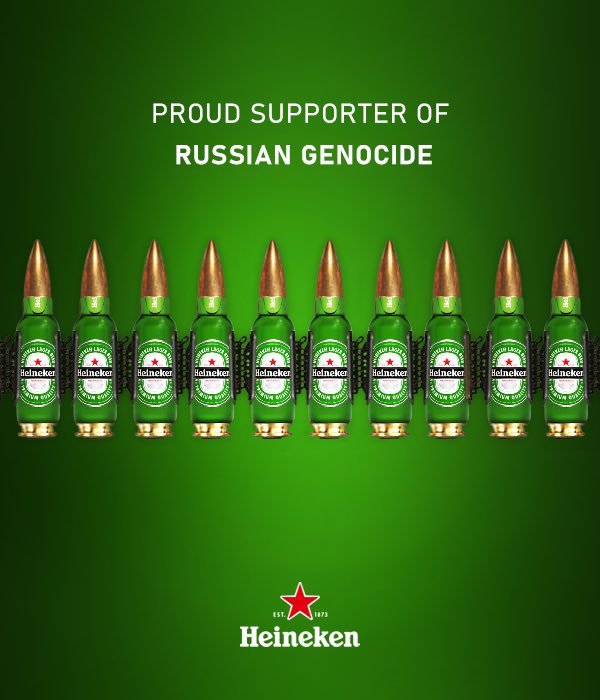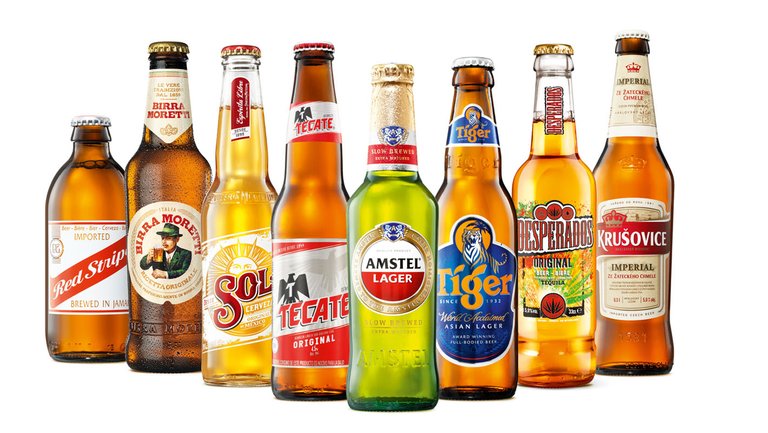For serious posts about the Russian invasion which started a year ago today, check out Team Ukraine. I have more to say about the war, but here I'll just show how people are responding in Holland today, from ironic and serious protests to echoes of the past to calls for a boycott.
(I haven't been blogging for a while, because my day job is already focused on writing these days.)
Hybrid warfare
Dutch artist Teun Castelein managed to organize a protest that was funny not not friendly, and hard to ignore: he hired a street organ to play the Ukrainian national anthem in front of the Russian embassy in the Hague all day. I looked up the history of street organs or barrel organs. They were invented in Italy, but became a Dutch tradition because their repetitive tunes were intensely hated in every other country.
The replies offer some comic relief too, from the Reuters reporter who copy-pasted their usual request for footage and asked if she was OK, to the German who said: "Since we have no humor, we just put a tank in front of the Russian embassy". That's a Russian tank destroyed during the battle for Kyiv.
Marches
Ukrainian refugees now have such a presence here that they could hold both a peace rally in Amsterdam and a march followed by a commemorative event in Utrecht.
Personal stories
Here in Utrecht, the local newspaper DUIC printed stories from Ukrainian refugees and local volunteers who helped them in Dutch and in Ukrainian. I was impressed by the story of volunteer Arthur who explained how the refugees organized their own activities once he made a venue available, and the story of Olga from Kyiv:
When an apartment next to mine was destroyed, I realized it wasn't safe to stay. I decided to leave and join my son who's studying in the Netherlands. I packed a small suitcase, cleaned my apartment, closed up and went to the station. There was only an evacuation train there. The lights in the train were out for our safety. At that moment, I remembered the story of my grandma, who also fled in an evacuation train during the Second World War. A lot went through my mind that night.
Trading with the enemy
Not everybody here is supporting Ukraine, though. Earlier this week, research journalism platform Follow The Money disclosed how Heineken Russia was bragging about growing during a difficult year in 2022 by introducing no less than 61 new products. This means the Dutch brewing conglomerate is still investing in Russia despite announcing in March 2022 that it would leave.
While it stopped selling the Heineken brand there, its place was quickly filled by other brands such as Amstel. They even introduced a new stout called Black Sheep in order to replace Guinness, which it used to brew under license. Apparently, Heineken, a family-controlled public company, is trying to quickly grow their Russian business in order to sell it for a good price, profiting from competitors leaving the market before them.

Heineken: Proud supporter of Russian genocide
Unsurprisingly, this led to public calls for a boycott (I copied this image from Twitter). Heineken may not be the worst of the multinationals trading with Russia, but it's certainly one of the most hypocritical. Check out other Dutch or Dutch-registered companies on the Leave Russia website, a useful tracker which shows companies' attitudes in some detail.
Corporations from various countries seem to think they can wash their hands off their responsibility by selling local subsidiaries and keeping their brands present under a license deal. Which might even be more profitable for them. Related story: Top brands pull out of Russia, but their goods remain easy to find.
Heineken must be contributing hundreds of millions of dollars to Putin's war machine. They paid € 400 million in taxes to the Russian Federation in 2019. If you don't want to contribute, stop buying all of their brands, such as the following:

Update: Heineken finally sold its Russian subsidiary for 1 euro to a local company. We can drink weak piss with a healthy conscience again.